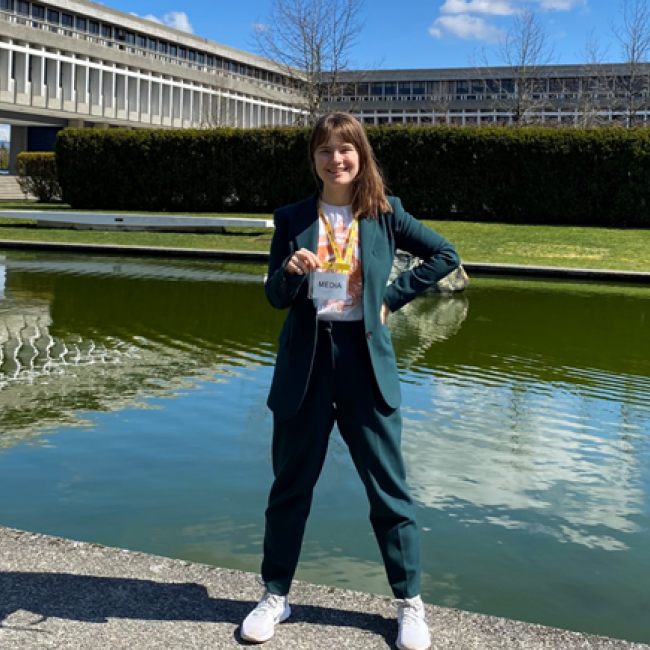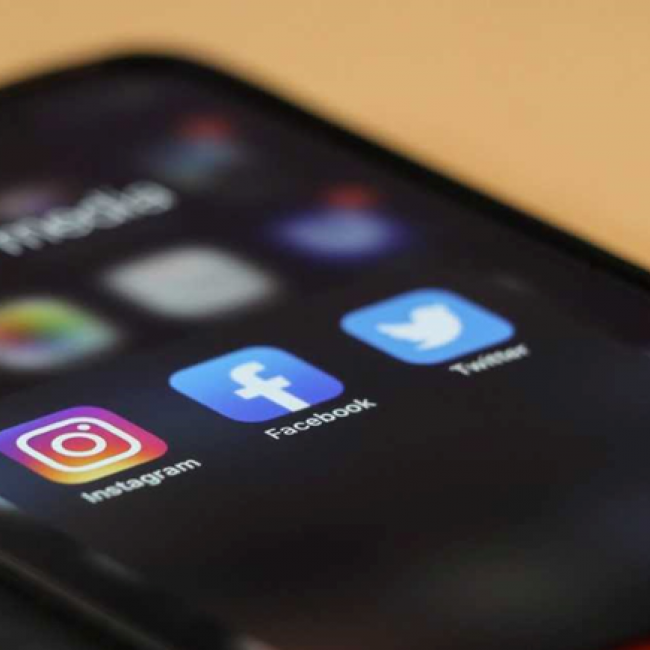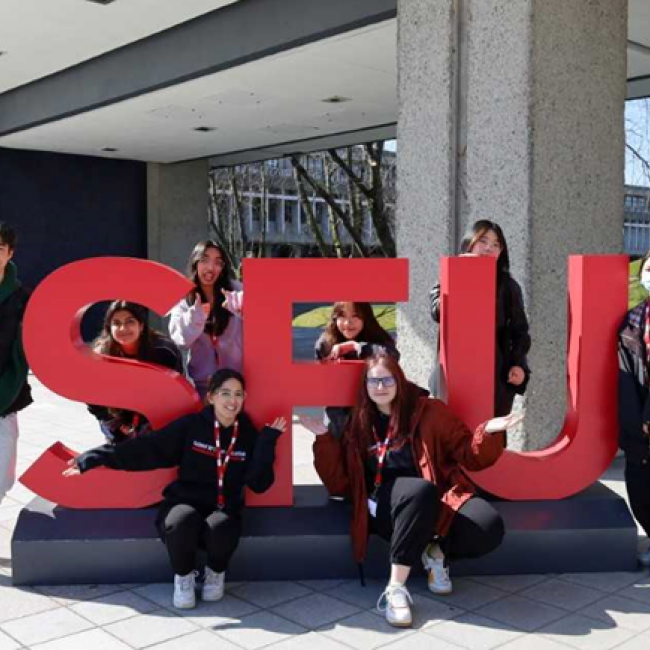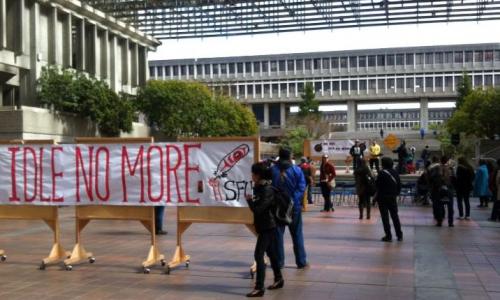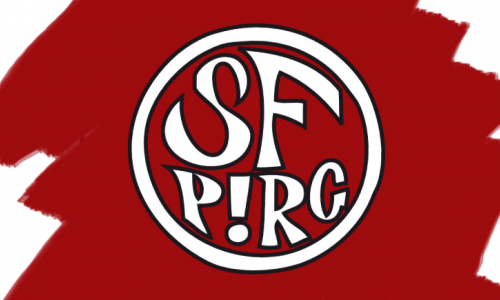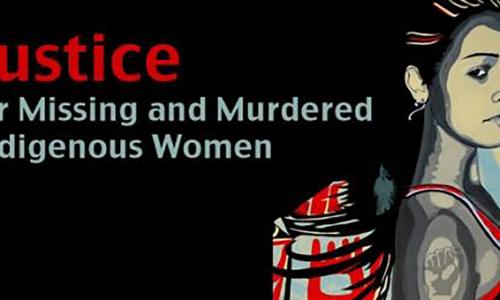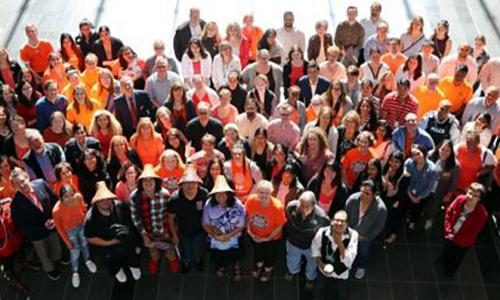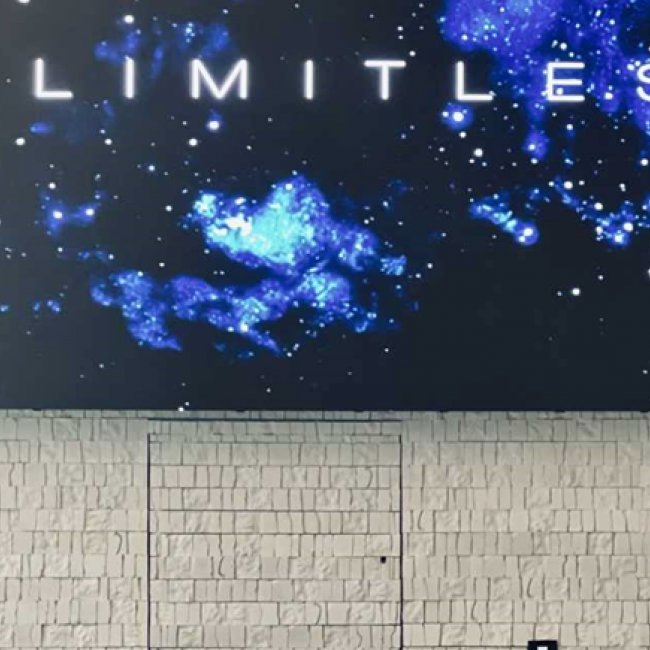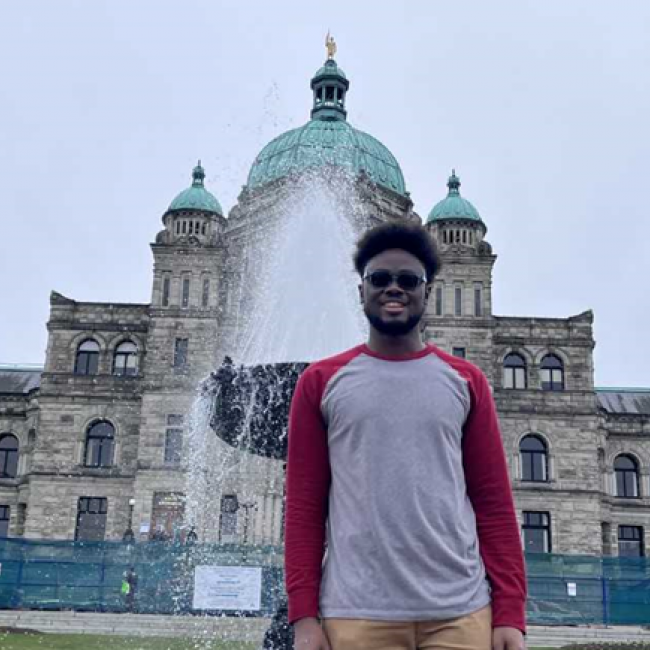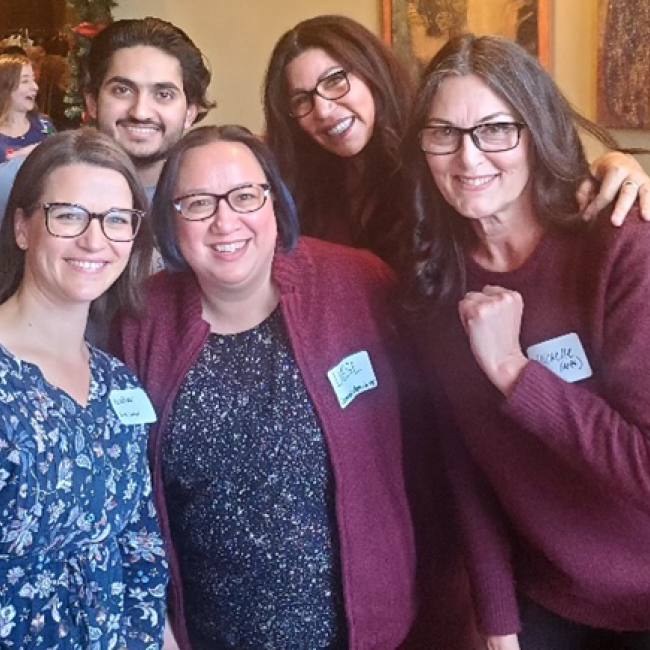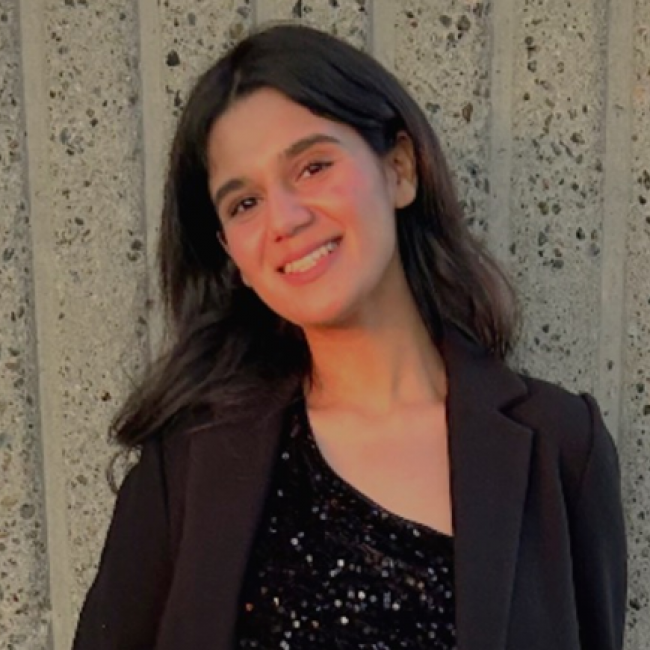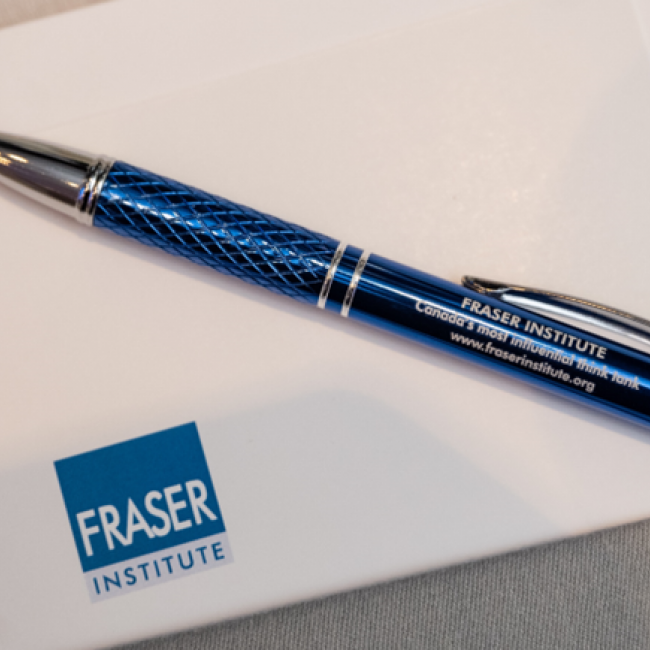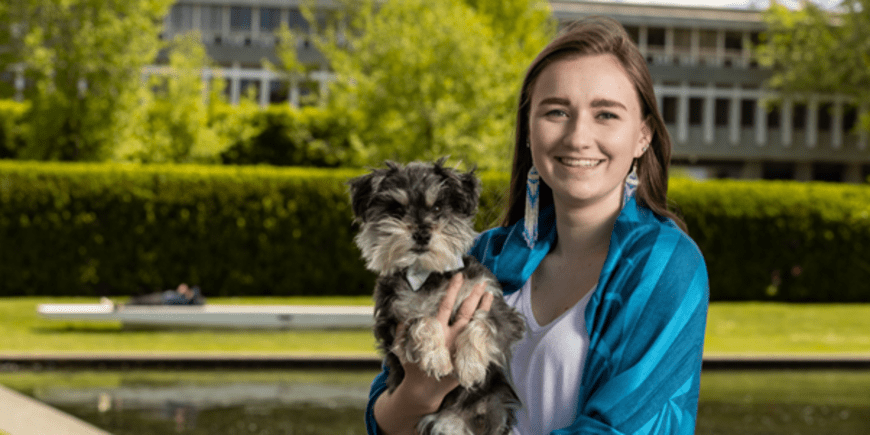
My name is Audrey Heath and my family comes from the Gitxsan Nation, as well as having various European roots. I currently work at the Simon Fraser University (SFU), Indigenous Student Centre (ISC) on the Communications team and it is a career path that I hope to continue in the future.
At the beginning of my Co-op my focus was on Indigenizing the content shared on our social media channels, with a main focus on highlighting Indigenous student voices and stories. This is because I know that every student experience is different, and each one is just as important as the next.
I have now transitioned into a new role, which I created for myself, because I saw that SFU was missing this in our community. I am now working on sharing knowledge and educating the broader SFU community on Indigenous issues. This is starting with campaigns to promote events like Orange Shirt Day, the Women’s Memorial March, or Indigenous Peoples Month, which have both been shared widely across the university. This is just a start to the work that I have done, and I look forward to what more I can do in the future.
In the work that I do, I strive to incorporate Indigenous Knowledges, while representing the ISC and our values. The ISC is based on 4 pillars including Humility, Trust, Respect and Reciprocity. This is why I highly value the input from my team and our Elders-in-residence. I have been lucky to work with an amazing team of Indigenous Peoples, and it is important to recognize them for supporting me in my journey to celebrate and honour Indigenous Peoples and cultures at SFU. Before posting or sharing content with the community, I make sure to go to this team to seek advice and edits. I do this to ensure that what I am sharing is culturally appropriate, meaningful, and most importantly, does not cause harm. I value community input and insight, in order to foster community ties.
Anne Godlewska states how the Education System fails to include Indigenous voices, and that these institutions are a “primary instrument in ensuring that colonialism remains unchallenged.” This is an example of the ignorance that has been cultivated in our community, which I am actively working against. Working at SFU as an Indigenous student, I have had some roadblocks. But I have been lucky to work in such a supportive environment, within an Indigenous community that I am very grateful for.
My current position is Special Projects, Communications, and four months ago, this role did not exist. Previously, my role focused on promoting ISC programs to students at SFU. Although this is great work being done to build community, I felt like there was something more that I could do. Often non-Indigenous folks are coming to the ISC to be educated about Indigenous Peoples, and that is not our purpose or job to be taking on that labour. However, creating a role, tasked at taking on these educational opportunities while supporting, honouring and amplifying Indigenous issues, is something I felt was missing at SFU. Yes, there is an SFU Communications and Marketing department who will highlight some of these topics, but they do not share these stories from the same perspective as the Indigenous community. By doing this work from the ISC, I can share a holistic approach to celebrating and honouring our culture. This is because I am not only running a social media campaign. I am connecting with my team, planning events, hosting educational booths, participating in marches, ordering merchandise for the community and so much more.
In my work, I am specifically highlighting Indigenous culture and current events. If this work was being done outside of the community, or without the inclusion of First Peoples, it would continue to perpetuate harmful stereotypes, and would be silencing Indigenous voices. When it comes to Indigenous issues, Indigenous Peoples need to be centred in this work, in order to revitalize ways of knowing and being, and provide the opportunity to have autonomy over our own narratives.
As an Indigenous woman, working on these important projects, such as Orange Shirt Day and the Women's Memorial March can be emotionally tasking. This is because I am bringing my culture and my own lived experiences into the work that I am doing, unlike my colleagues at SFU Communications and Marketing. I understood the emotional labour necessary for this job when I started, and I am committed to it, because of the important work it is doing for our community. Yes, it can be emotionally draining to be researching and listening to these stories day in and day out, but in the end, the result is also so healing. Community comes together to honour our histories and our futures, we join in knowledge sharing, and often get to share in a meal. Another benefit of educating the community on these events and issues, means that there is less ignorance and harm done in our community in the future, and I strive to make SFU a safer place for our community to grow and flourish.
Beyond the Blog
-
Indigenous Studies Alumnus Sarah Rain's Journey of Self- Discovery
-
Follow the SFU Indigenous Student Centre on Facebook, Instagram and TikTok!
-
Check out the blog Communicating Indigenous Narratives to learn more about the work Audrey does at the ISC.
-
Go to the CMNS Co-op page for more opportunities like Audrey’s!









